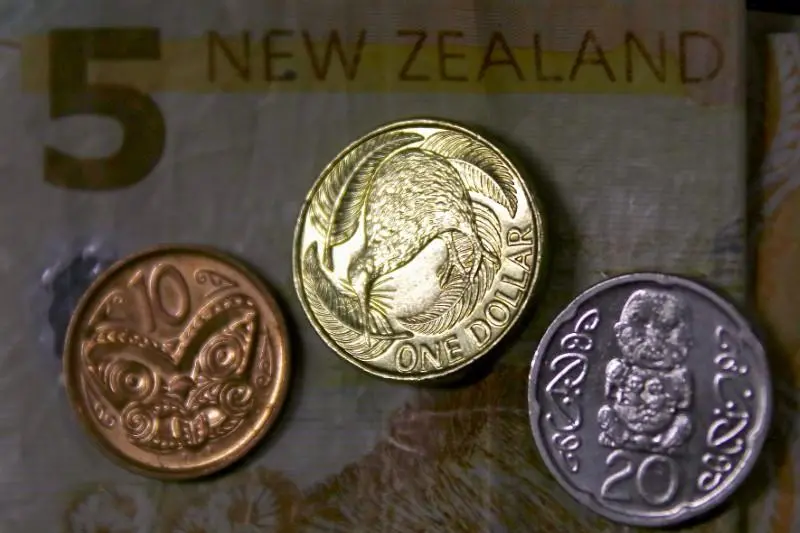PHOTO
SYDNEY/WELLINGTON - The Australian and New Zealand dollars got a break from selling on Thursday as the crisis engulfing Turkey's lira calmed for a moment, though the outlook was darkened anew by losses in commodities ranging from oil to gold to base metals.
News from China that a delegation will go to the United States in late August for trade talks also stirred hopes the dispute over tariffs might be settled short of an all-out trade war.
It was just enough for the Aussie dollar to bounce to $0.7256 and away from a 19-month trough of $0.7203 touched on Wednesday. The currency faces immediate resistance in the $0.7280/90 zone and a major chart barrier at $0.7311.
The Turkish lira steadied a little after Qatar pledged to invest $15 billion in the country and Turkey's central bank made it much more expensive to short the currency.
However, the bout of turmoil across emerging markets had already dimmed the outlook for world growth and spooked investors out of resources.
Copper sank over 4 percent on Wednesday to a 15-month trough. The industrial metal is seen as something of a bellwether for global activity and is also a major export earner for Australia, dealing a double blow to the Aussie.
The strength of the U.S. dollar was putting extra pressure on commodities priced in the currency, with gold <XAU=> sliding to the lowest in more than 18-months.
All of which overshadowed Australian data showing unemployment fell to a six-year low of 5.3 percent in July.Employment missed forecasts with a drop of 3,900, but that followed a hefty 58,300 jump in June and full-time jobs rose a solid 18,300.
Yet while the unemployment rate has been slowly declining, wage growth remains stuck near record lows and the market sees scant chance of a hike in interest rates for months to come.
The New Zealand dollar inched up to $0.6573, having touched a two-and-a-half year low of $0.6545 the previous day.
"The NZD was caught in a number of cross currents overnight: a stabilisation in Turkey, solid U.S. data, weak commodity prices and broader EM worries," said Liz Kendall, senior economist at ANZBank, referring to emerging markets.
"As a result, it is maintaining a level close to where it was yesterday. That said, price action is poor and it certainly remains a 'sell on rallies' environment."
New Zealand government bonds eased, sending yields 1 basis point higher along most of the curve.
Australian government bond futures were mixed, with the three-year bond contract off half a tick at 97.970. The 10-year contract added 2.5 ticks to 97.4450.
(Editing by Richard Borsuk)
© Reuters News 2018





















